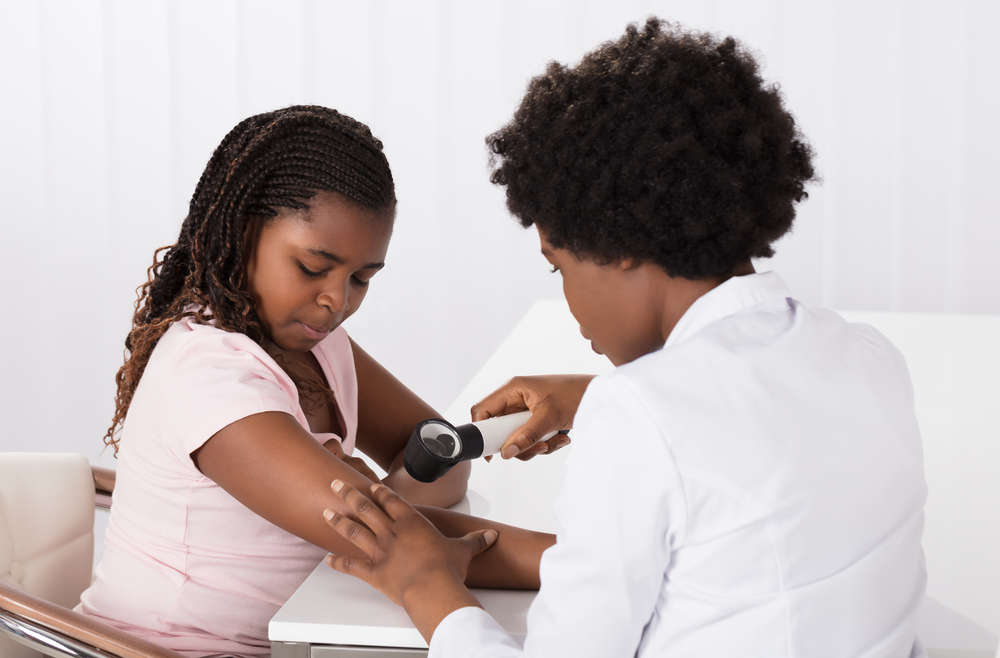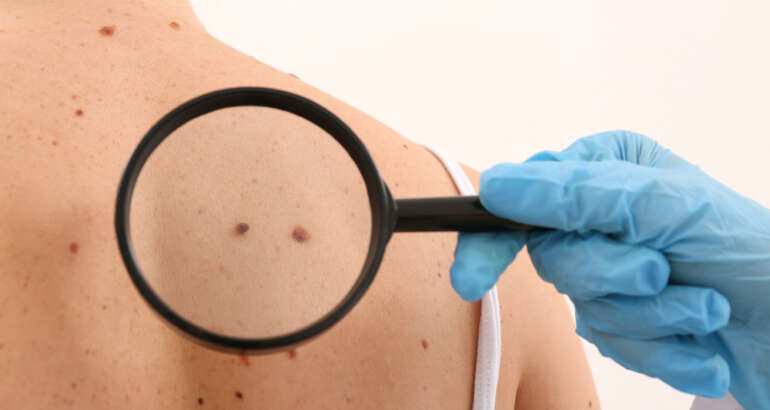It’s not uncommon for patients to ask: How do I know if I have skin cancer?
Being conscious about your risk for skin cancer and wanting to take an active role in preventing and detecting it is the first step.
It’s also important to know what to look for and how to spot skin cancer in its earliest stages, when it is the most treatable.
Read on to learn more about skin cancer detection and warning signs.
How Do I Know if I Have Skin Cancer?
Like many women and men, you may be wondering: How do I know if I have skin cancer?
If you have concerns about a suspicious growth or lesion, you should schedule an appointment with a board-certified dermatologist for further evaluation.
It’s also a good idea to undergo an annual skin cancer screening to continuously monitor growths and catch skin cancer in its earliest stages.
What’s more, monthly self-check can help put your mind at ease and aid in early detection.
When assessing your skin at home, stand in front of a full-length mirror and carefully inspect every part of your body from head to toe. This includes checking between your toes, under finger nails, on the soles of your feet, and on your palms.
Feel free to use a hand-held mirror to improve visualization of hard-to-reach areas on your body.
Skin Cancer Warning Signs
Melanoma is the deadliest form of skin cancer and can quickly spread to other parts of the body. As such, early detection is extremely important.
When checking for signs of melanoma, follow the ABCDE rule, which involves assessing skin for:
Asymmetry – One side of a growth looks different from the other
Borders – Irregular, jagged, notched, or faded borders
Color – Moles that are not all one color and contain multiple shades of brown and black and/or patches of pink, red, white, and blue.
Diameter – Diameter that is greater than ¼ inch across, which is roughly the size of a pencil eraser
Evolution – Evolving appearance in terms of size, shape, color, and elevation.
Schedule a Skin Cancer Screening Today
If you have detected a suspicious lesion and would like to have a skin cancer screening, please call our office today to schedule a comprehensive consultation with board-certified dermatologist and fellowship-trained Mohs surgeon Dr. Johnathan L. Chappell.



